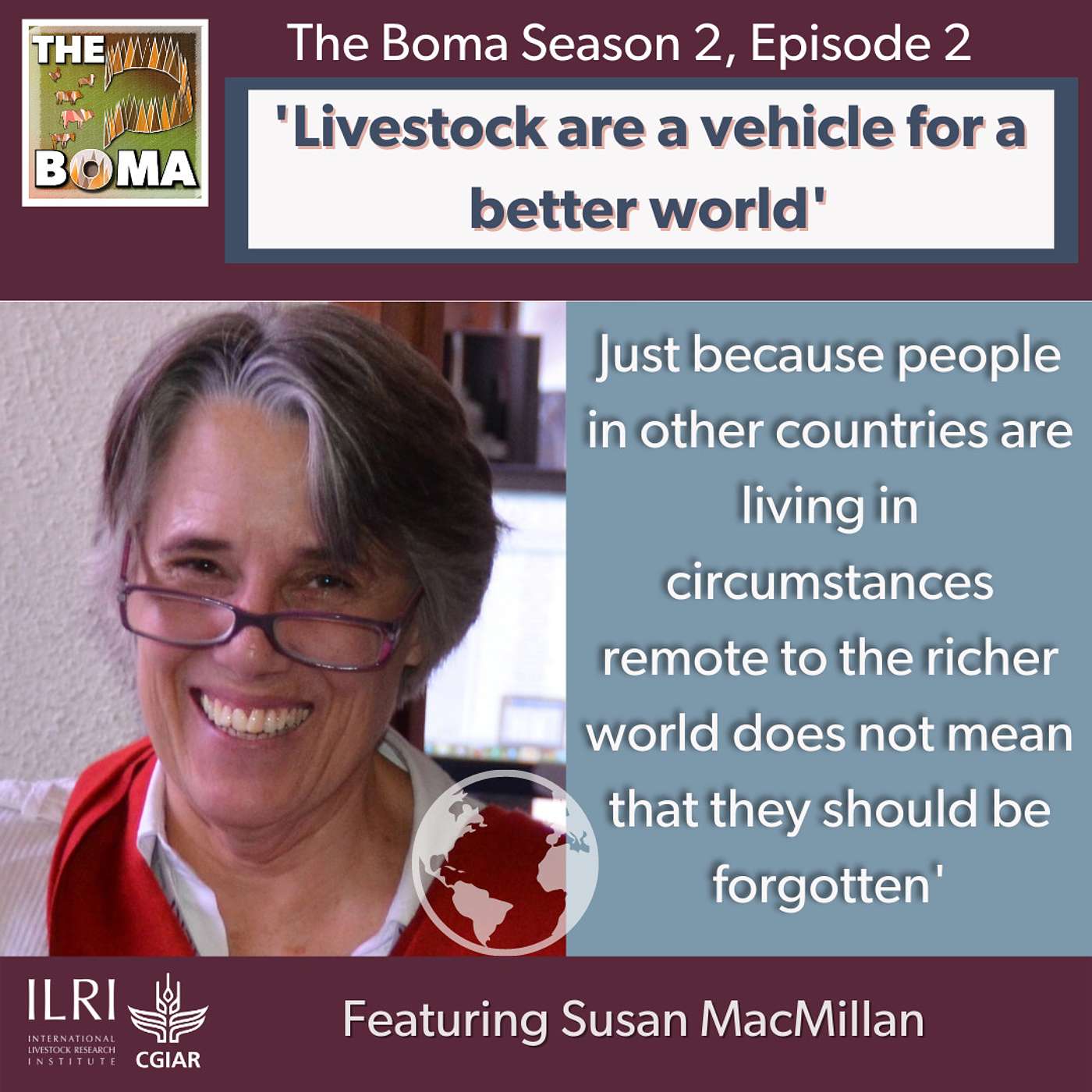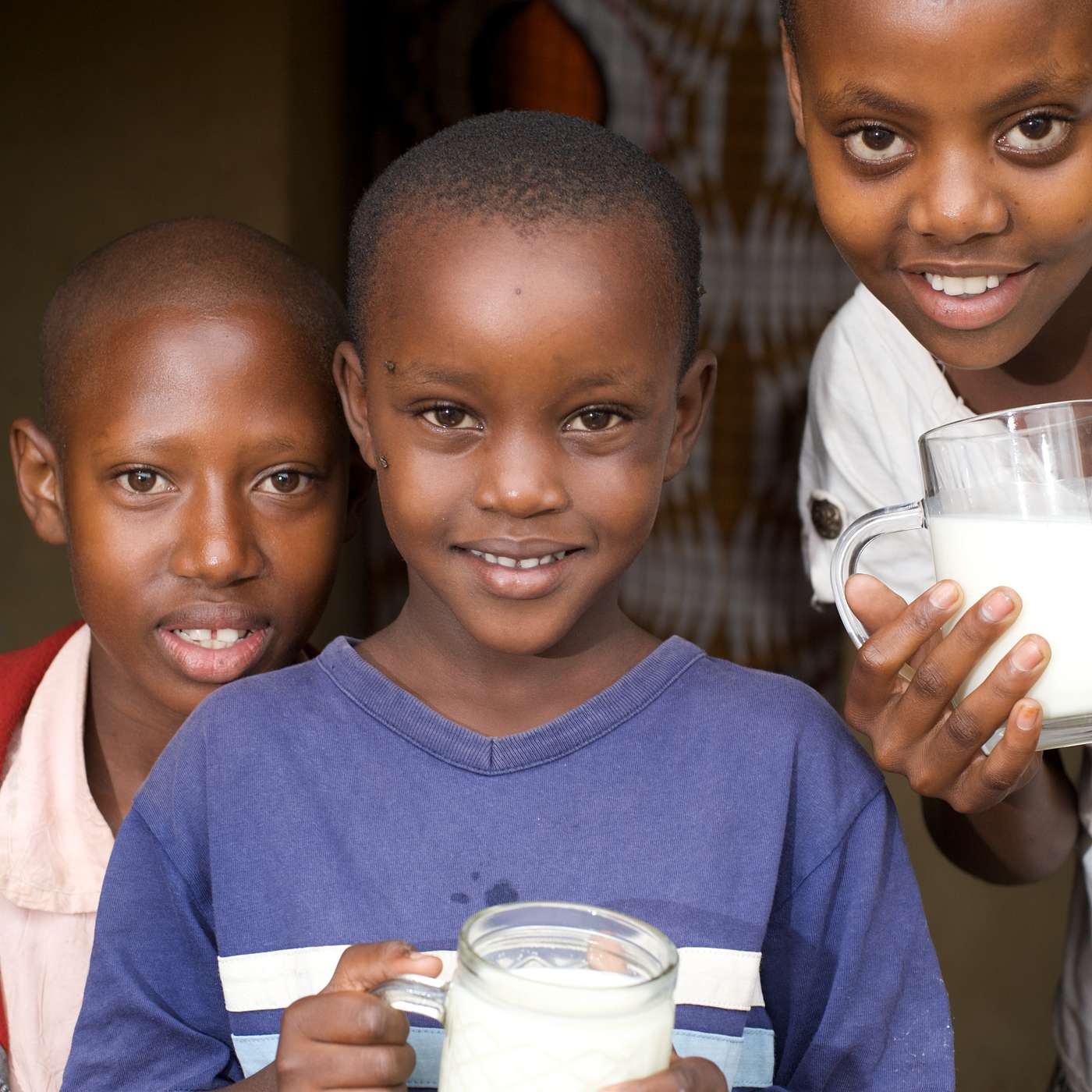
The Boma
Author: International Livestock Research Institute
Subscribed: 4Played: 35Description
Welcome to ‘The Boma’—a new podcast about livestock in the developing world—the cattle, camels, sheep, goats, pigs and poultry—that provide billions of people with nutrition, income, resources and livelihoods. How can small scale livestock systems be sustainable, as well as profitable? How can they help protect the environment? Do they harm or enhance human health? Check out The Boma to hear diverse perspectives on some of the hottest topics debated today and dive deep into the best and latest scientific research on livestock and development. ****** The Boma is hosted by Global Livestock Advocacy for Development (GLAD), a project of the International Livestock Research Institute (ILRI), and funded by the Bill & Melinda Gates Foundation.























